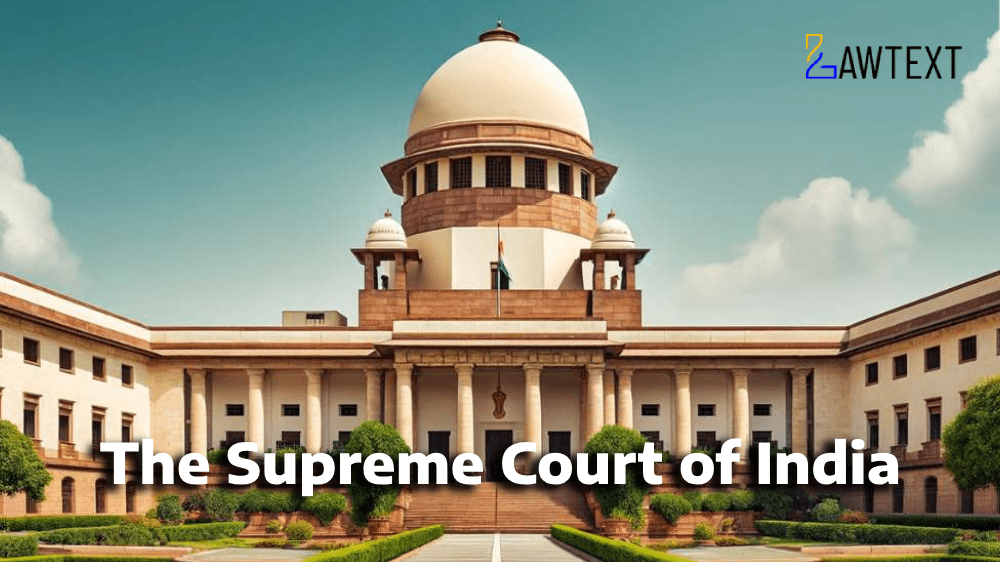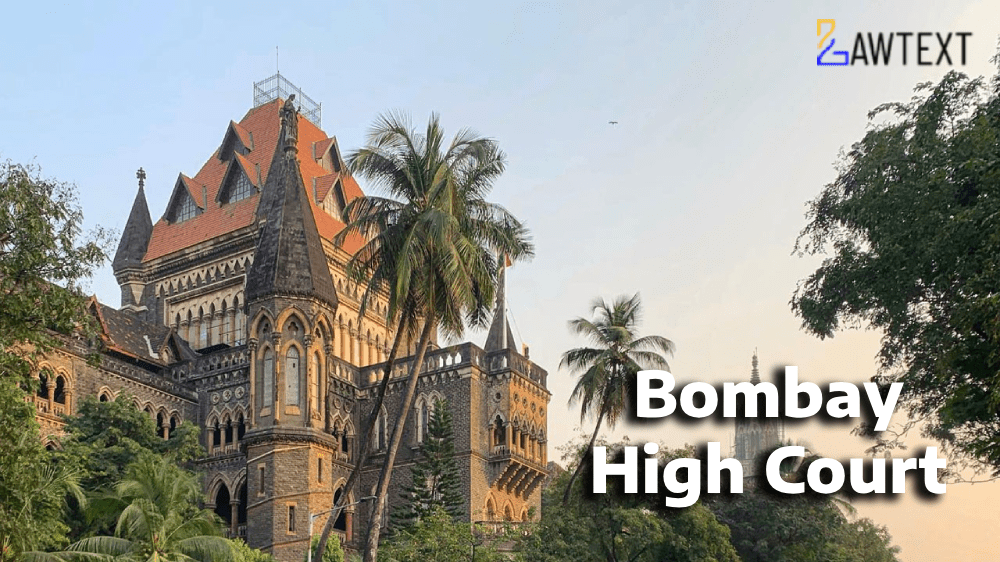Case Note & Summary
The appellants, MSMEs registered under the MSMED Act, 2006, challenged the Bombay High Court's order dismissing their writ petitions. The High Court held that banks/NBFCs are not required to adopt the restructuring process outlined in the 2015 Notification by the Ministry of MSME without an application from MSMEs. The appellants argued that their loan accounts were wrongly classified as NPAs without following the mandatory revival and rehabilitation framework for MSMEs. The respondents contended that the SARFAESI Act overrides other laws, and the restructuring process and NPA classification are independent. The court held that the framework has statutory force and is mandatory for banks to follow before classifying MSME accounts as NPAs. The impugned order was set aside, but since proceedings under the SARFAESI Act had already concluded, the appellants were allowed to seek other legal remedies for unresolved issues.
Introduction Leave granted for the appellants, MSMEs, challenging the Bombay High Court's order. Issues Raised by Appellants Appellants challenged actions by Banks/NBFCs under the SARFAESI Act. Appellants contended that banks must follow the 2015 Notification for MSME revival and rehabilitation before classifying loan accounts as NPAs. Appellants argued the non-observance of the Notification rendered subsequent SARFAESI actions illegal. Respondents' Arguments Respondents argued the SARFAESI Act overrides other laws, including the MSME Act. They stated the appellants did not apply for the Notification benefits, and NPA classification and restructuring are separate issues. Legal Provisions and Notifications Overview of relevant MSMED Act provisions for MSME promotion and development. Section 10 of the MSMED Act ensures progressive credit policies for MSMEs. Banking Regulation Act provisions empowering RBI to control advances by banks. Relevant parts of the 2015 Notification for identifying incipient stress and forming committees for MSME revival. RBI's 2016 revisions to make the Notification compatible with existing guidelines. RBI's Master Direction on lending to MSMEs, making the Notification mandatory for banks. Court's Analysis The 2015 Notification and subsequent RBI directions have statutory force and are binding on banks. Enforcement under SARFAESI Act can begin only after classifying an account as NPA. Banks must follow the MSME framework before NPA classification. MSMEs must provide verifiable documents to banks to benefit from the framework. MSMEs should not delay notifying banks about their status and must follow the framework promptly. Conclusion High Court's findings that banks are not obliged to follow the restructuring process without MSME application are erroneous. The impugned order is set aside, but since SARFAESI proceedings concluded, appellants can seek other legal remedies for unresolved issues. Appeals allowed to this extent.
Issue of Consideration: M/s. Pro Knits Versus. The Board of Directors of Canara Bank & Ors.
Premium Content
The Issue of Consideration is only available to subscribed members.
Subscribe Now to access critical case issues





